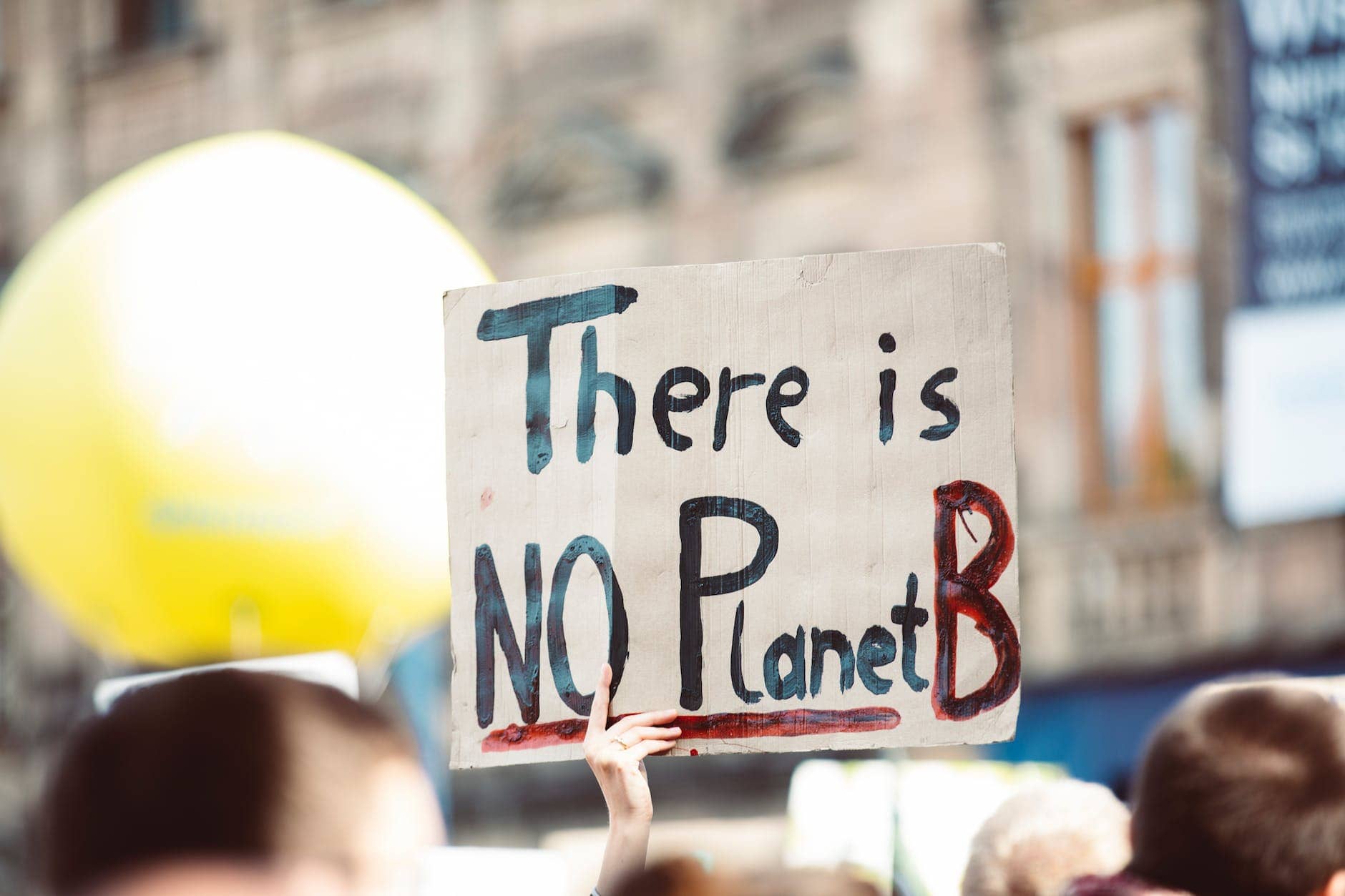Climate change has emerged as one of the most pressing global challenges of our time, with far-reaching consequences for the environment, human societies, and the economy. It is crucial to comprehend the causes of climate change to effectively address and mitigate its impacts.
Although there have been warnings about our impact on the planet for years, scientists say that we have until 2030 to change the way we live before the damage is irreversible.
Climate change is the result of a combination of natural processes and human activities that have altered the delicate balance of Earth’s climate system. This article provides an in-depth exploration of the causes of climate change, delving into both natural and anthropogenic factors.
Table of Contents
Natural Causes of Climate Change
We often hear about man-made factors affecting climate change. While nature plays a part in climate change, the leading causes stem from human activity.
Solar Variability
The Sun is the primary source of Earth’s energy. Natural variations in solar radiation, such as changes in solar output and sunspot activity, can influence the climate on different timescales. S
Solar cycles, spanning approximately 11 years, have been linked to variations in Earth’s temperature. However, solar forcing alone cannot account for the rapid warming observed in recent decades.
Volcanic Activity
Volcanoes release significant amounts of volcanic gases and aerosols into the atmosphere during eruptions. These emissions can lead to short-term cooling effects by blocking sunlight and reflecting it back into space. However, the overall impact of volcanic activity on climate change is relatively small compared to other factors.
Orbital Variations
Over long timescales, changes in Earth’s orbit, known as Milankovitch cycles, can influence climate patterns. These variations affect the amount and distribution of solar radiation received by the Earth, impacting the planet’s climate system. Milankovitch cycles operate over thousands of years and are responsible for long-term climate fluctuations, including ice ages.
Man-Made Causes of Climate Change
Humans are the leading cause of climate change. Here are the factors that have the greatest impact on the environment.
Greenhouse Gas Emissions
Human activities, particularly the burning of fossil fuels such as coal, oil, and natural gas, have significantly increased the concentration of greenhouse gases (GHGs) in the atmosphere. These gases, including carbon dioxide (CO2), methane (CH4), and nitrous oxide (N2O), trap heat in the Earth’s atmosphere, leading to the greenhouse effect. The main contributors to GHG emissions are energy production, transportation, industry, and deforestation.
There are several ways we can reduce our individual greenhouse gas emissions:
- Choose a green energy provider that obtains 100% of its power from renewable sources like wind, solar, hydro, or tidal power
- Turning off sockets and lights when not in use
- Consider investing in solar panels for your home
- Using an electric vehicle
- Limiting journeys, car sharing, or using public transport
Deforestation
Forests act as carbon sinks, absorbing CO2 from the atmosphere through photosynthesis. However, deforestation, primarily driven by agriculture, logging, and urbanization, reduces the Earth’s capacity to absorb CO2. Additionally, the decomposition of felled trees releases stored carbon back into the atmosphere, exacerbating the greenhouse effect.
To limit the impact of deforestation, you can:
- Buy recycled products
- Avoid palm oil
- Support responsible companies
- Recycle paper and cardboard
- Go paperless
Industrial Processes
Industrial activities emit GHGs through various processes, including manufacturing, cement production, and chemical reactions. These emissions result from the combustion of fossil fuels, the release of synthetic gases, and the destruction of ozone-depleting substances. Industrial processes contribute to the emission of CO2, CH4, and N2O, amplifying the greenhouse effect.
While government regulations and the practices used by manufacturing companies need to change to reduce the impact of these processes, there are things we can do as individuals to minimize the impact of industrial activities. To help here, you can:
- Learn about the production process of the products you buy
- Source locally-manufactured products
- Buy biodegradable and sustainable products
- Only buy products manufactured by responsible companies
- Buy fewer unnecessary items
- Buy secondhand items
Agriculture
Agricultural practices, particularly livestock farming and rice cultivation, generate substantial amounts of GHGs. Enteric fermentation, the digestive process of ruminant animals, produces methane, a potent greenhouse gas. Additionally, the decomposition of organic matter in flooded rice fields releases methane into the atmosphere. Nitrogen-based fertilizers also contribute to N2O emissions.
To reduce your impact on agricultural pollution, you can:
- Go vegan
- Cut down on meat and dairy consumption
- Buy locally-grown produce
- Reduce food waste
Waste Management
Improper waste disposal and landfills release significant quantities of methane. When organic waste decomposes in anaerobic conditions, methane is produced. Methane capture and proper waste management techniques can help mitigate these emissions.
To help here, you can:
- Recycle responsibly
- Cut down on food waste
- Compost food waste
- Learn about local waste management strategies
Can We Ever Undo Climate Change?
Climate change is an intricate phenomenon influenced by a multitude of factors. While natural causes like solar variability and orbital variations have shaped Earth’s climate over millennia, the current rate and magnitude of climate change can be attributed to human activities. The release of greenhouse gases resulting from the burning of fossil fuels, deforestation, industrial processes, agriculture, and waste management have significantly disrupted the Earth’s climate system.
What do you think? Let me know in the comments below.

